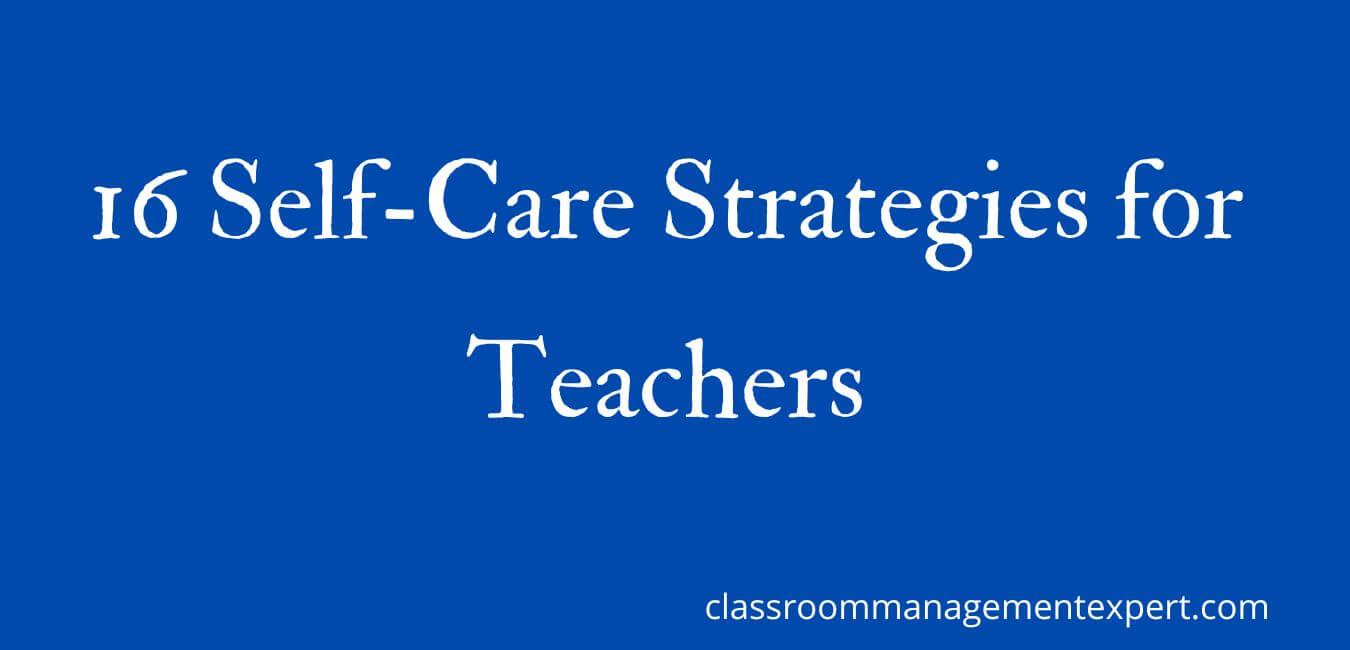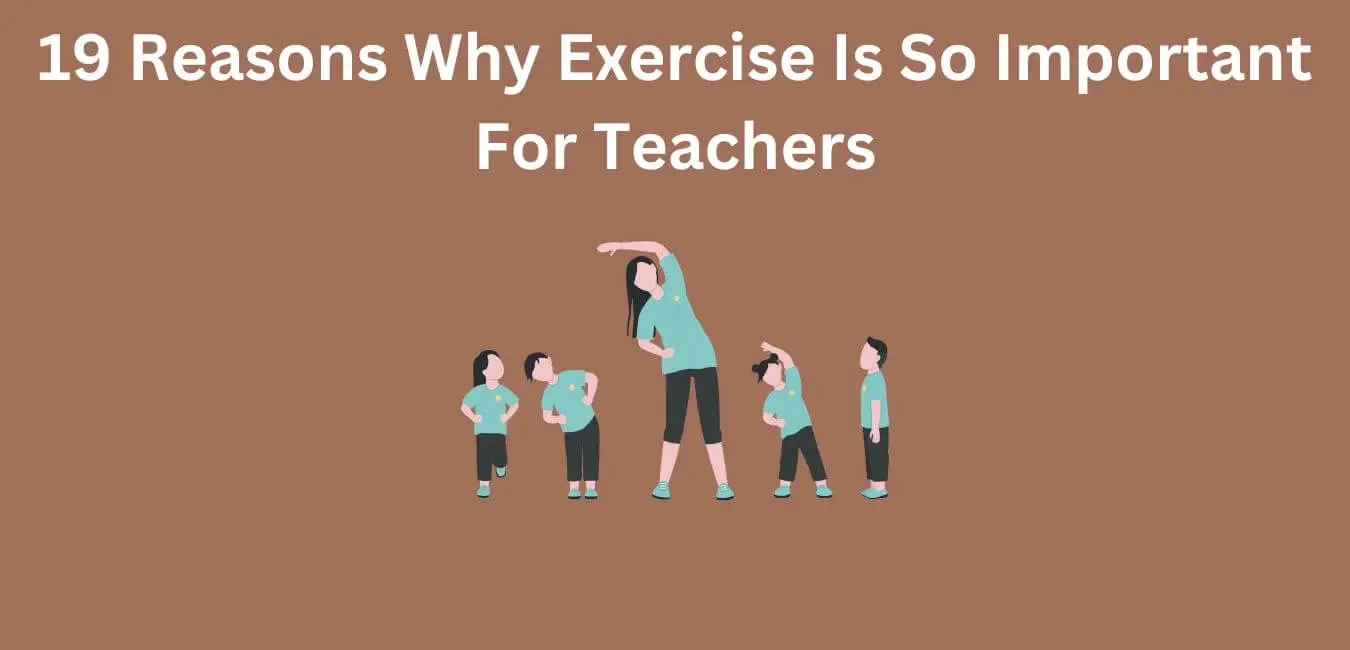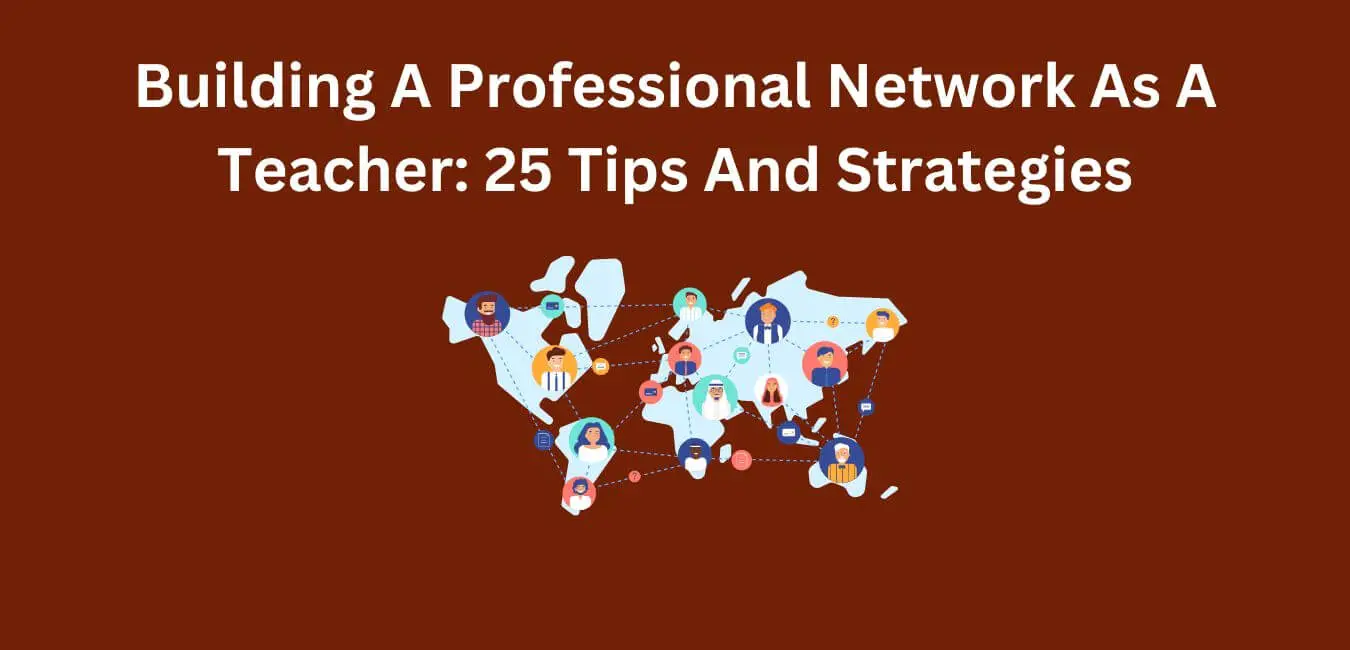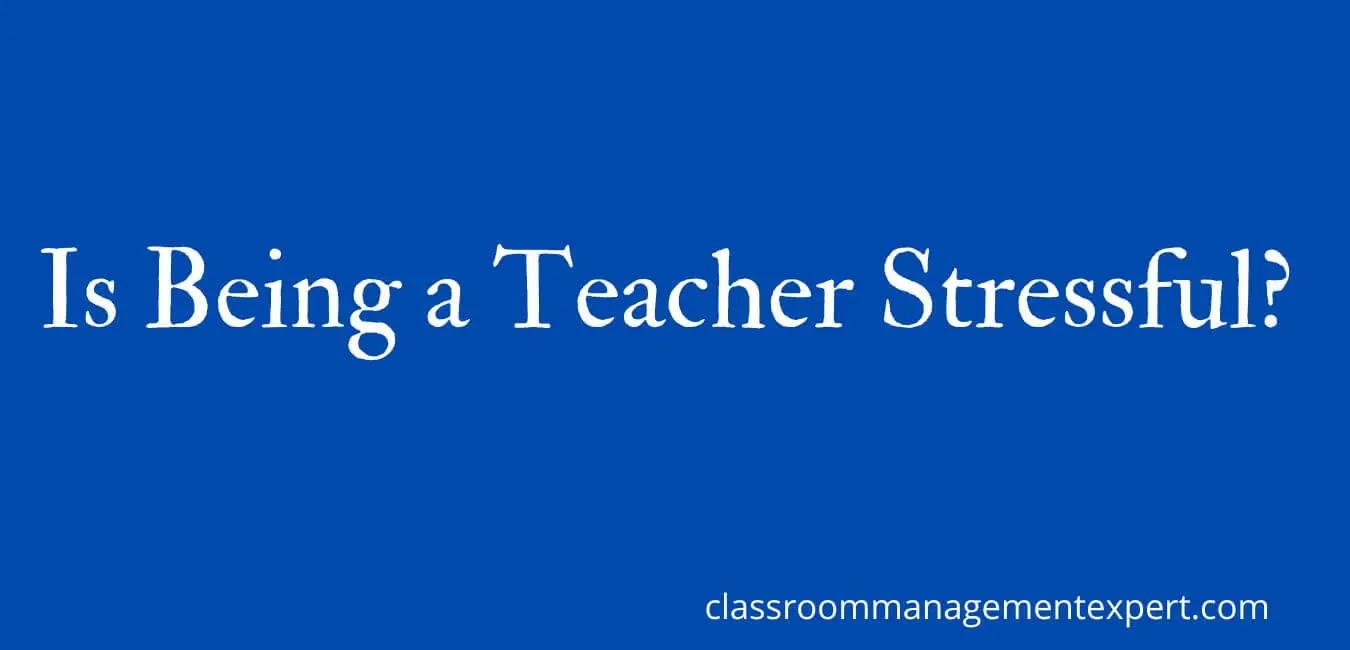There are many reasons why someone might want to become a teacher. Some may be drawn to the idea of helping others and wanting to make a difference in their students’ lives. Others may enjoy the work-life balance and the unique opportunity to work with young people every day. However, before making a decision, it is important to consider whether becoming a teacher is right for you.
First, it is important to ask yourself if teaching is something that you are passionate about. If you don’t have a strong interest in the subject matter, it may be difficult to stay engaged in the classroom all day long. Moreover, if you are not particularly organized or have difficulty managing multiple tasks simultaneously, teaching may not be the best career choice for you.
Second, it is important to consider your personal skills and weaknesses. Are you good at interacting with people? Can you handle working on your own for extended periods of time? Are you patient enough with students when they make mistakes? Once again, if these skills are not ones that match up well with being a teacher, it may be best to look elsewhere for employment opportunities.
Finally, becoming a teacher is a great career choice if you have the passion and the skills necessary to succeed. However, before making any decisions, it is important to carefully consider all of your options and see which ones are best for you.
Keep reading to find out if teaching is really worth it and whether you should consider being a teacher or not.
Is Teaching a Good Job?
Yes, teaching is a good job for those who love to share their knowledge and experience with young people. Teachers are some of the most important people in a child’s life. Whether they are in a primary or secondary school, they play a vital role in shaping the future of their students. Teaching can be an incredibly rewarding profession, but it is not without its challenges.
For some people, teaching can be a rewarding experience that allows them to give back to the community. However, for others, teaching can be challenging and sometimes unrewarding. Before deciding whether or not teaching is a good job, it is important to consider all of the potential benefits and drawbacks of teaching.
10 Tips For Evaluating If Teaching Is The Right Career For You.
It can be difficult to know if teaching is the right career for you. After all, there are a lot of different factors to consider. Do you have a passion for teaching? Are you good with kids? Do you have the necessary skills?
Here are 10 tips to help you evaluate if teaching is the right career for you.
1. Consider Your Goals. The first step in any career decision is to assess your goals. What do you want from teaching? Will teaching give you the career you want, or are you looking for certain job roles? Once you have identified your goals, you can begin to evaluate whether teaching is a good career for you.
2. Research your specific career field. Do some research on the requirements for becoming a teacher, and figure out if you have the necessary skills.
3. Consider your salary. Teaching is a profession with a higher than average salary, but it’s not the only option.
4. Decide if teaching is the right career choice for you. Teaching can be a great career, but it’s not for everyone. Before you make any decisions, make sure that teaching is the right career for you.
5. Find a teaching job. If you’re undecided about teaching, finding a job in the field can help you evaluate the career more carefully.
6. Be patient. It can take years to become a teacher, and the process isn’t always easy. But being a teacher is a great career, and it’s worth the effort.
7. Ask your family and friends if they know any teachers. They may know someone who’s looking for a job.
8. Network. Meeting other educators can give you a better understanding of the teaching profession.
9. Consider other teaching opportunities. Teaching opportunities abound, so it may be worth looking into other options.
10. Take the teacher certification exam. If you decide teaching is the right career for you, take the required teacher certification exam.
What Do You Need to Become a Teacher?
Becoming a teacher is a long and tedious process that requires dedication, perseverance, and many hours of training.
In order to become a teacher in the United States, you must first have a college degree in education or a related field. You must then pass the Teacher Certification Examination (TCE), which is administered by the National Board for Professional Teaching Standards.
After meeting these requirements, you must complete an additional training program specific to teaching. Finally, you must be approved by your state to become a teacher. These are the basic things that all good teachers must have in order to be successful:
1. First and foremost, a good teacher must be able to build relationships with their students.
2. They must be able to see past academic achievement and connect with their students on a personal level.
3. It is also important for teachers to have knowledge in their field; teaching is an extremely demanding profession, and teachers who do not know what they are talking about can quickly lose credibility among their peers.
4. Finally, good teachers always put the needs of their students first; they will go above and beyond in order to make sure that each student feels comfortable in the classroom environment.
5. Good teachers need a whole lot of patience. Teaching is not an easy job, and there are many challenges that students face. However, if you are patient and willing to persevere through the tough times, teaching can be a rewarding career.
What are the Benefits of Becoming a Teacher?
Becoming a teacher is one of the most rewarding career choices you can make. There are many benefits to teaching, including:
1. You’ll get to learn as well as teach.
There is something incredibly rewarding about being able to pass along knowledge and impart wisdom to others. Teaching provides the opportunity to learn on both sides of the equation, and in many cases, it can be a stepping stone onto a more illustrious career path.
Furthermore, teaching offers a context for your work that can be difficult to find in other fields. Whether you want to work with young minds or help shape future generations, being a teacher is an excellent way to give back and make a difference.
2. The satisfaction of seeing students achieve their dreams and goals.
As a teacher, I am extremely satisfied when I see my students achieve their dreams and goals. It is rewarding to know that I have been a part of their journey and helped them reach their ultimate destination. Seeing them achieve success is one of the most satisfying things about being a teacher.
3. You’ll have longer vacations.
In fact, teachers are only required to work 34 hours a week. This gives teachers plenty of time for their personal lives.
Additionally, teachers receive generous paid vacation days and sick leave. As a result, teachers can take up to 10 weeks of paid vacation each year. This is more than most other professions.
Moreover, many states offer Teachers Retirement Benefits, which provide a lifetime income after retirement. There are also many opportunities for professional development in the teaching field. All these factors make teaching a lucrative and rewarding profession.
4. You’re constantly learning new skills.
The field of education provides you with a unique opportunity to continuously learn new skills. Not only will you gain knowledge in your field, but you will also develop critical thinking and problem-solving abilities that can be applied in many different settings.
Becoming a teacher offers you the opportunity to work with children and help them grow into productive adults. With so much to offer, teaching is an excellent career choice for anyone looking for a rewarding career path.
5. Incredible personal and professional growth opportunities.
As a teacher, you have the opportunity to develop both personal and professional growth. Teachers are constantly learning new techniques and strategies, which gives you an incredible edge in the workforce. Also, being a teacher offers stability and a sense of purpose; it can be difficult to find these qualities in other positions.
6. The chance to work with talented and passionate colleagues.
If you consider becoming a teacher, you may be excited by the prospect of working with talented and passionate colleagues. Becoming a teacher is a highly respected profession that can provide you with opportunities to share your knowledge and help children learn.
Working alongside talented and passionate colleagues who share your passion for teaching can be an enjoyable and rewarding experience.
8. The opportunity to make a positive impact on students’ lives
Becoming a teacher is an incredibly rewarding experience. It can provide students with access to powerful tools and perspectives that they may not otherwise have the opportunity to experience.
Teaching gives you the ability to make a real difference in the lives of students, and it offers you an opportunity to share your knowledge and skills with others.
Why are Teachers Leaving the Profession?
Teachers are leaving the profession in droves. A recent study by the National Council on Teacher Quality found that nearly a third of teachers leave the profession within five years. This exodus has created a shortage of teachers in some states and caused budget problems for school districts. Here are some reasons why teachers are leaving the profession:
1. The most common reason is that teachers feel burned out from working long hours and dealing with bureaucracy.
2. Low salary wages: Salaries for teachers are often lower than average earners in other professions. In fact, the median salary for a teacher was $60,000 a year in 2021. This means that many teachers are struggling to make a living from their teaching jobs.
3. They also find it difficult to deal with parents who are not supportive of their job or students who do not respect them. Teachers who feel disrespected feel like they do not have the opportunity to make a difference in their classrooms.
4. Lack of support from the administration: It can also be difficult to find support from the administration, as they may not have the expertise or understanding of what it takes to be a successful teacher. This can lead to teachers feeling unsupported and demoralised, which can have a negative impact on their ability to provide quality education for students.
5. Lack of respect from students: There is a growing trend of students not respecting their teachers, which can have a negative impact on the teacher’s ability to provide quality instruction. This lack of respect can also lead to tension and conflict between the teacher and student, which can seriously impair the learning process.
6. Lack of job satisfaction: There is a nationwide shortage of teachers, and it’s only going to get worse. This lack of job satisfaction is one of the major reasons for the shortage. A recent study done by the EdWeek Research Center found that nearly forty-four percent (44%) of teachers are planning to quit because they are not satisfied with their job. They cited a number of reasons for this dissatisfaction, including low pay, long hours, a lack of job security, a lack of respect, and stressful work environments.
The Disadvantages of Being a Teacher
Just like with everything else in this world, there are disadvantages to everything. Despite the benefits involved in teaching, there are some disadvantages to the profession as well:
1. Long hours and frequent travel demands, which can be tiring and disruptive for both you and your family life.
2. Low wages compared to other professions, which can limit your ability to save for retirement or provide for your family in other ways.
3. Teaching can be emotionally challenging, as students can be difficult to manage (particularly younger pupils).
4. Teaching is not an easy profession to get into: You may need at least a bachelor’s degree in order to become a teacher, and often require additional training (such as certification from either the National Board for Professional Teaching or the American Association of School Administrators).
5. Teaching is not always popular with parents: Some feel that their children are not getting a good education if they are taught by someone other than an experienced professional teacher with formal education in teaching methodology such as curriculum design, assessment techniques etc.
Final Thoughts
In conclusion, there are a few things to consider before making the decision to become a teacher. First and foremost, teaching is not for everyone. If you have a low tolerance for routine or prefer more autonomy in your work, teaching may not be the right career choice for you.
Moreover, although teacher salaries are generally good, they can vary significantly depending on location and experience. Finally, although teaching offers excellent job security and decent pay, it is not without its challenges. I hope this article helps. Thanks for reading!















